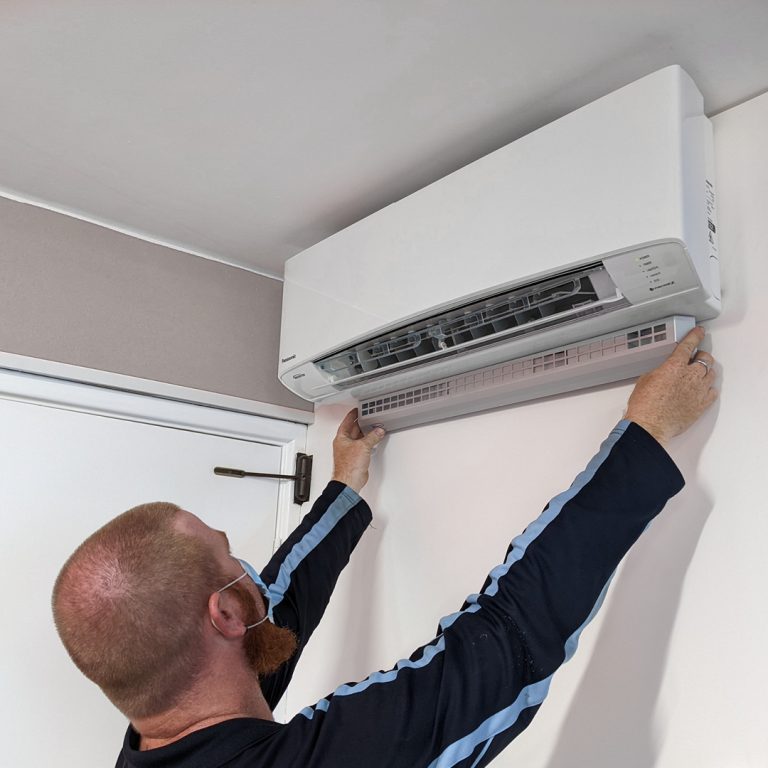CTA popup form
Sed ut perspiciatis unde omnis iste natus error sit voluptatem accusantium doloremque laudantium
"*" indicates required fields
Sed ut perspiciatis unde omnis iste natus error sit voluptatem accusantium doloremque laudantium
"*" indicates required fields
Are you aware that most untreated indoor spaces contain high levels of pollutants in the atmosphere?

In fact, the World Health Organization (WHO) in 2018 released a paper titled “Household air pollution and health”. That discussed the impact of the quality of air within indoor spaces, revealing poor levels of ventilation and distressingly high concentrations of harmful airborne pollutants. This puts the most vulnerable people in our community at risk.
Other research has been conducted that outlines the clear correlation between poor air quality, and poor health.
We’ll cover the air quality issue further down, but during COVID-19 another issue has arisen, and it’s wreaking even more damage than air pollution.
COVID-19 outbreaks in aged care and disability care facilities continue to cause mass disruption for carers and patients. In many cases, if just one person tests positive for COVID-19, the whole facility must be locked down. Much needed visits from loved ones are put on hold, leaving many residents upset and confused. Residents are often confined to their own rooms all day, to limit the spread, whilst staff and specialist cleaners attempt to rid the home from the virus.
This process continues every time a person tests positive, it causes major disruption, stress for staff and is deeply upsetting for residents who are forced to live in isolation with no much-needed visits from their loved ones.
The elderly along with the people who care for them should be particularly aware of potential risks affecting their health. Further to the research touched on above, it was revealed that poor air quality increases the risk of respiratory illness, cardiovascular disease and the spread of airborne viruses within aged care facilities. It also has a profound impact on sleep quality, which can weaken the immune system and exacerbate day-to-day interactions and behavioural issues for elderly people living with impairments, mental disabilities and dementia.
Other health concerns include difficulty coping with severe respiratory illnesses like chronic obstructive pulmonary disease, or COPD.
Aged care residents tend to spend most of their time indoors, resulting in a frightening scenario where those who are most vulnerable have the highest exposure to the most air pollution.
Although ventilation exists in a majority of aged care homes, with openable windows to improve air quality, unfortunately, relying purely on this alone is often not practical.
Windows often remain shut during winter to keep residents warm, and typical common areas within aged care home areas, like corridors, present no options for any natural ventilation.
There has been mounting evidence that highlights the need to address the issue of air quality in aged care. There is also a dire need for new solutions which can remove harmful pathogens from the air, and improve the air purity for our elderly.
While viruses pose a constant threat to the health and wellbeing of residents, there are a variety of air pollutants that pose an equal risk to pre-existing medical conditions that are commonly found in older people.
The revolutionary Photohydroionization (PHI-CELL®) technology mimics the way nature cleans the air outdoors for use in indoor spaces. In fact, it has been proven to kill 99% of viruses and contaminants from the air and surfaces it touches. This is why it is recommended to consider for aged care facilities.
Contact us today about making your aged care home a safer place for people to thrive.
Contact us today about making your home and business a safer, more productive space for people to thrive.
